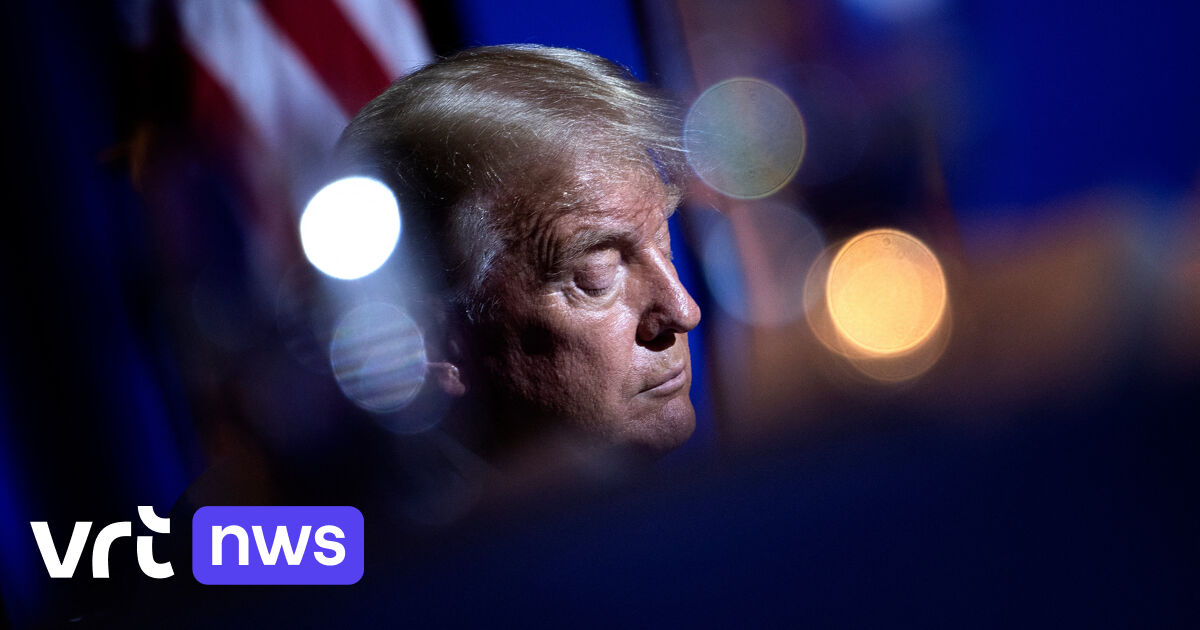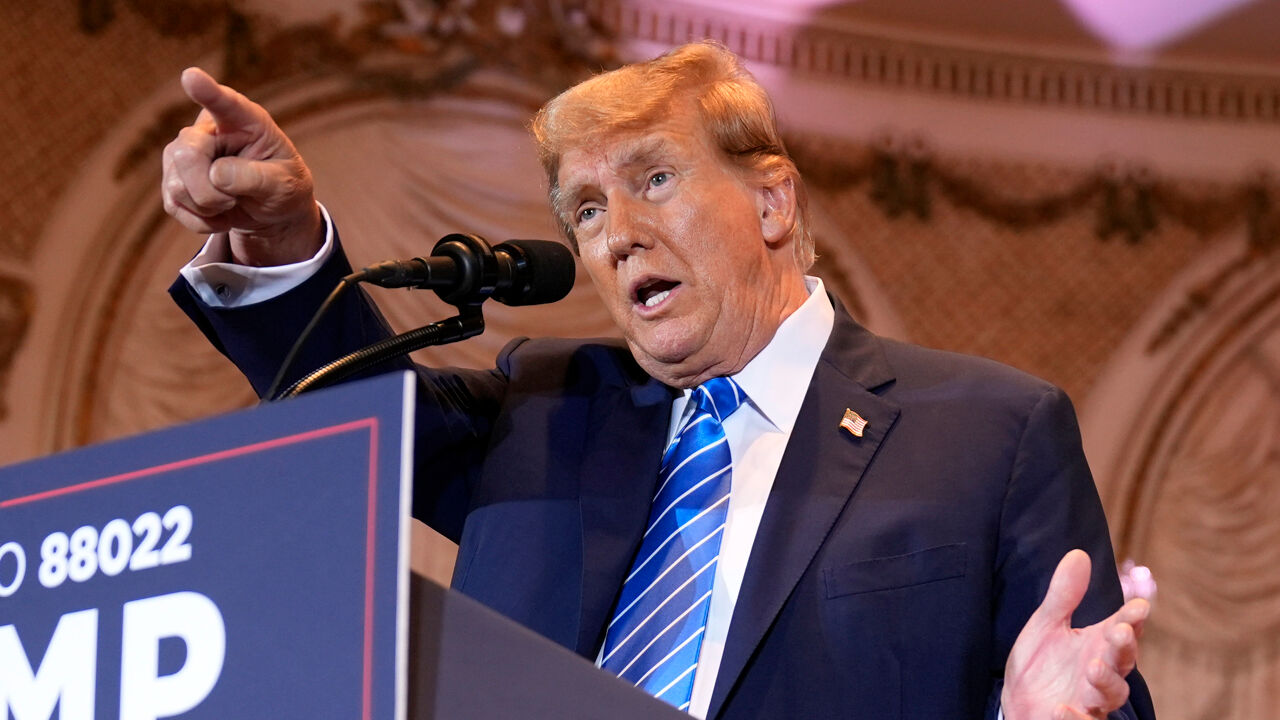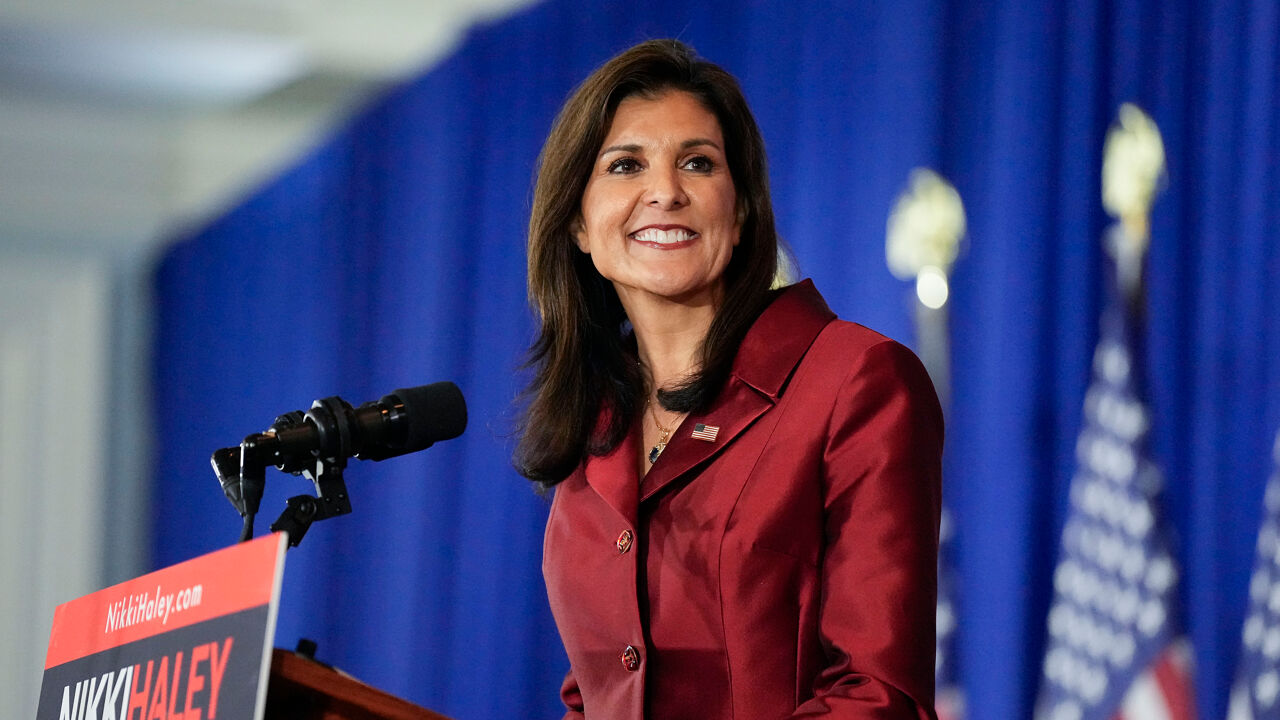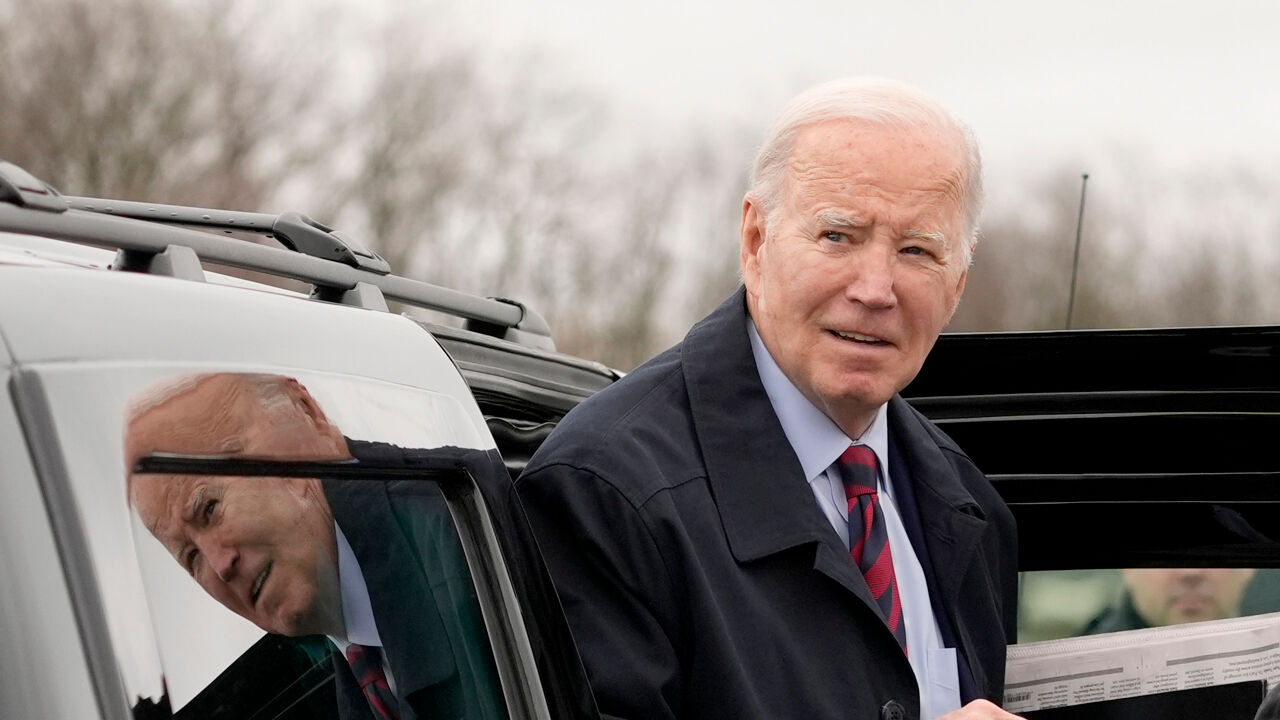1. Donald Trump and Joe Biden overcome the opposition
It's not really surprising at first glance, Super Tuesday results. “Both Donald Trump and Joe Biden attack the opposition,” says American correspondent Björn Sonnens.
In the Republicans Clearly, Donald Trump won. He won 14 of the 15 states where voting opened yesterday, sometimes receiving 70 to 80 percent of the votes. Exit polls show Trump supporters mainly care about immigration and border control, topics on which Trump largely portrays himself.
His rival, Nikki Haley, was only able to win in Vermont, a relatively small and traditionally left-wing state. This is only the second time Haley has won a primary. After the elections that took place in Washington, DC, last weekend.
This map shows all of the Republican primary results on Super Tuesday:
A similar victory is highlighted in Democrats. There, incumbent President Joe Biden won the primaries in all fifteen states. Only in the overseas territory of American Samoa, in the Pacific, did victory go to a relatively unknown candidate.
Super Tuesday?
Super Tuesday is the most important day of the presidential primaries in the United States. During the primaries, Republicans and Democrats in each state choose their delegates. These delegates, in turn, choose their nominee for the White House at the party conventions in the summer.
Millions of voters can cast their ballots on Super Tuesday. It's the day when it usually becomes clear which presidential candidate is headed for the nomination. This year, voting took place in 15 states and one territory abroad.
2. What should worry Trump: Haley's supporters may not rally behind him
It now seems almost certain that Trump will become the Republican Party's presidential nominee. Although Nikki Haley continues to maintain that he is not the right man to take on Joe Biden in November – in the real presidential election. Winning a primary is different from the election itself, she keeps saying.
“There is something paradoxical going on,” says Björn Sonnens. “Never in history has anyone shown such dominance in a primary as Trump, so at first glance you might think Trump is the candidate who unifies the party.”
Donald Trump appears certain to be nominated as the Republican Party's presidential nominee
Copyright 2024 The Associated Press. All rights reserved
But this turned out not to be the case. “In the past, there was a lot of internal struggle to win the nomination during the Republican primaries, but once a nominee was chosen, all Republicans supported their nominee toward the real election.”
Trump is now certain that 70 to 80 percent of Republicans will vote for him in the primaries. But the other 20 to 30 percent — who are now voting for Haley — are in doubt. This is also evident from a poll conducted in North Carolina, where only one in five Haley voters said they would choose the Republican nominee in November, “no matter who it is.”
This becomes especially difficult in areas surrounding large cities, where many young people and highly educated people live. Haley is doing relatively well there, although she does not receive enough votes to win the nomination.
This is worrying for Trump, especially in states where votes can sometimes reach tens of thousands of votes. Although the road to November is still long and opinions could be revised.
3. Not all Republicans will be happy with President Trump if he is convicted
Then of course there are the four criminal cases pending against Trump. Polls in Virginia and North Carolina have already shown that 40 and 32% of Republican voters, respectively, do not believe Trump is fit as president if convicted.
One of the trials related to undermining American democracy and his role in the storming of the Capitol building after the 2020 election has already been postponed. The Supreme Court announced late last month They will not consider whether Trump can be prosecuted over this until the week of April 22. This means that the process – which was supposed to actually begin this month – has been postponed, perhaps until after the summer.
4. Waiting for Nikki Haley to surrender
With each loss in recent weeks, Nikki Haley has reiterated that she will continue, especially until Super Tuesday. Now that she can't win here either, the question is how long Haley can last.
“It will mainly depend on the lenders,” Sonens says. “They also see that she's barely winning anything. If she wants to win the Republican nomination, she'll have to win 80% of all delegates in the next primary. That's mathematically impossible.”
The first sign of doubt appears to be Haley's absence from Super Tuesday. She didn't give a speech last night. There was only a written statement, especially with the focus on winning in Vermont.
Nikki Haley has yet to give a speech on Super Tuesday
Copyright 2024 The Associated Press. All rights reserved
5. What should keep Biden up at night: Protest voting
Among Democrats, Joe Biden also seems certain of his candidacy. Although he also suffers from headaches.
In Michigan's primary election last week, more than 100,000 Democrats – 12 percent – chose to go to the polls and vote for “no candidate” instead of the incumbent. They did this in protest against Biden's position in the war on Gaza.
Joe Biden also appears certain as the Democrats' presidential nominee
Copyright 2024 The Associated Press. All rights reserved.
This movement continued on Super Tuesday. In Minnesota, 20% of Democratic votes went to “no candidate,” and in North Carolina about 12% went.
What is worrying here too, this time for Biden. Especially when it happens in states where votes can sometimes reach tens of thousands of votes, as is the case in North Carolina. “If Democrats who now choose no nominee stay home in November, Biden could lose that state — and thus his presidency.”
But here too, the road to November is still long.
Listen to the conversation with US correspondent Björn Sonnens on Radio 1's De Ochtend here:

“Creator. Award-winning problem solver. Music evangelist. Incurable introvert.”










More Stories
British military spy satellite launched – Business AM
Alarming decline in the Caspian Sea
Lithuania begins construction of military base for German forces